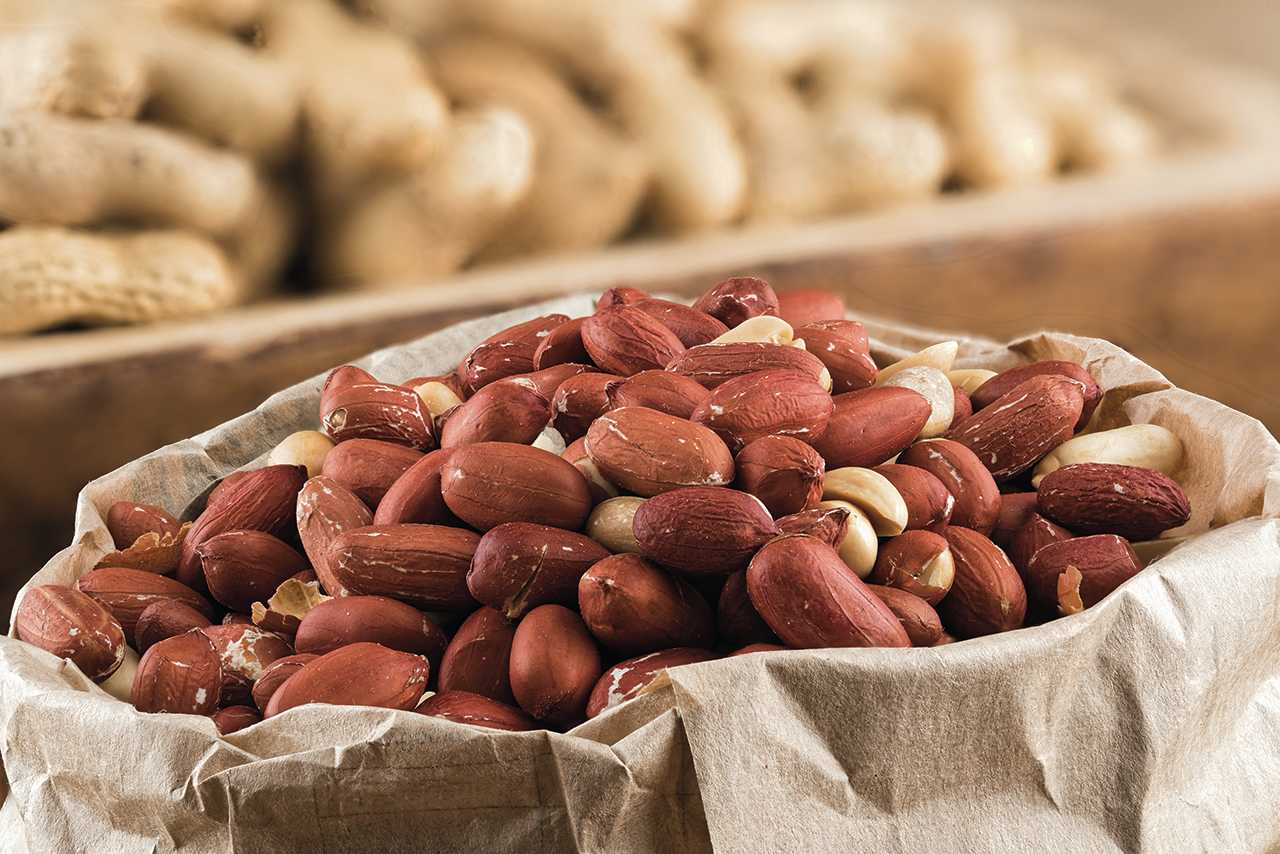I’ve heard that there is way more protein in a plant-based diet than the traditional carnivorous diet. Are there any health benefits associated with eating meat?
—Deja Whitt, senior, Calumet Park
When considering protein intake, the most important objective is to consume adequate amounts for the body to function properly. Most people in the United States have no problem accomplishing this whether the majority of their protein comes from plants or animals. We can, however, modify protein sources to promote health with both plant and animal proteins having some distinct advantages and disadvantages.
Appears InProteins are composed of molecules called amino acids. We need all of the amino acids in appropriate balance to synthesize the proteins that make up our body.
Animal protein sources contain these amino acids in quantities similar to our bodies, making them very efficient. Animal-based protein sources are also rich sources of some vitamins and minerals such as iron and vitamin B12. Unfortunately, some animal proteins also contain high levels of nutrients associated with risk of chronic disease, such as saturated fat. Highly processed proteins, namely cured meats, are associated with increased risk of colon cancer and should be consumed in moderation. Further, animal-based proteins are expensive both from a monetary and an environmental cost of production perspective.
Plant-based proteins are inexpensive and versatile, making them an attractive alternative. A single plant protein source is often limiting in at least one amino acid, unlike animal proteins. Careful selection of diverse plant protein sources will ensure individual amino acid requirements are met. This may or may not result in greater total protein intake. Plant proteins have the added benefit of providing excellent sources of fiber and other micronutrients such as folate and potassium. It is well established that high intake of plant protein is associated with decreased risk of several chronic diseases.
Whether you choose plant sources or a combination of plant and animal, both options can provide adequate protein and support health. If most of your protein comes from animal sources, focus on lean cuts of meat, pork, poultry, and fish, and dairy and consider substituting in some plant protein. Your heart, gastrointestinal tract, and wallet will be grateful!
Jennifer Barnes, assistant professor, Department of Family and Consumer Sciences
Our top faculty experts answer questions from the Illinois State University community in the “Ask a Redbird Scholar” section. To submit a question, email Kevin Bersett at kdberse@IllinoisState.edu or tweet it to @ISUResearch. Chosen questions and answers appear in each issue of Illinois State’s new research magazine, the Redbird Scholar. To read other “Ask a Redbird Scholar” posts, visit IllinoisState.edu/RedbirdScholar.


